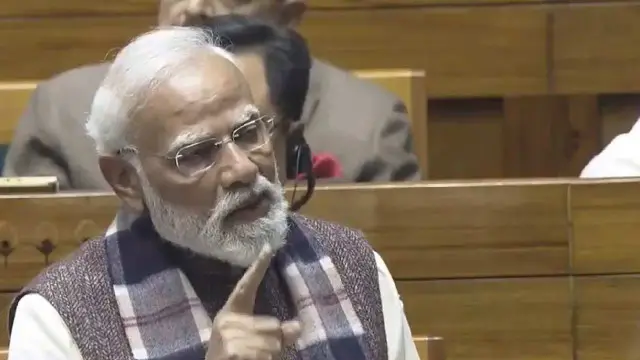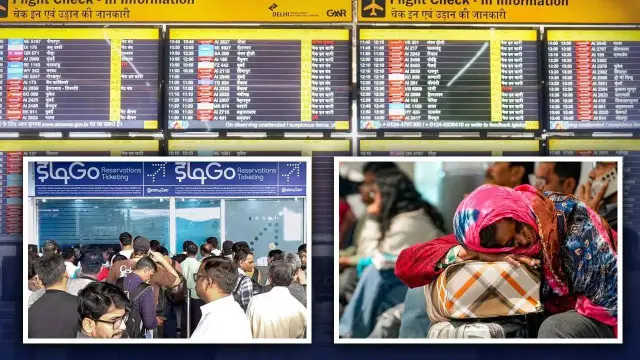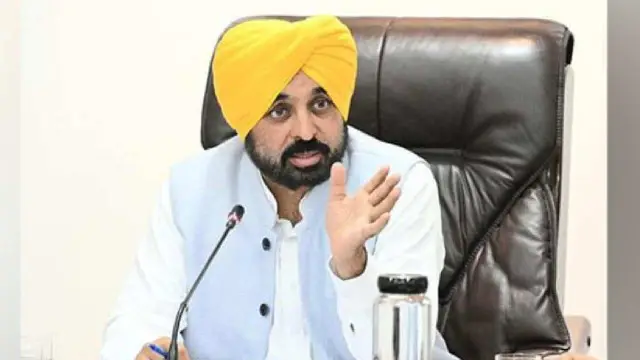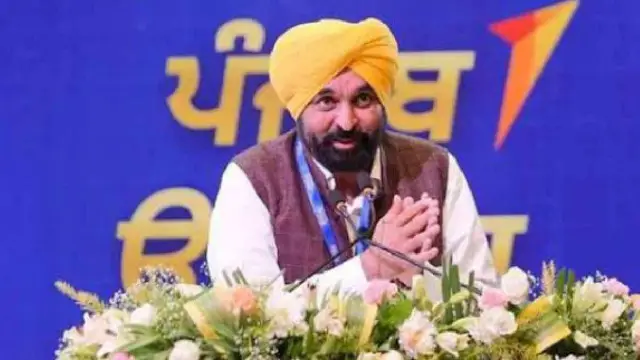India's trade strategy: Responding with equal measures to US tariffs
They noted that India has previously implemented retaliatory customs duties on several US products

India should respond with equal measures if the newly elected US President Donald Trump would impose higher tariffs on domestic goods, trade experts say. They noted that India has previously implemented retaliatory customs duties on several US products, such as apples, in response to what it deemed "illegal" tariffs imposed by America on certain steel and aluminium products.
Trump's Comments on Indian Tariffs
In December last year, Trump has said India charges "a lot" of tariffs, reiterating his intention to impose reciprocal tariffs in retaliation for what New Delhi will impose on the import of certain American products. "India should respond firmly and in equal measures," economic think tank Global Trade Research Initiative (GTRI) Founder Ajay Srivastava said.
Historical Context of Retaliatory Tariffs
In 2018, when the US taxed Indian steel and aluminium, India retaliated by raising tariffs on 29 US products, recovering equivalent revenue. "This measured response showed India's capability to protect its trade interests while staying balanced," Srivastava said.
Potential Impact on Indian Exporters
He added that Indian exporters may face high customs duties for goods like automobiles, textiles and pharmaceuticals if the new US administration decides to pursue the 'America First' agenda. He also said that if Trump would tighten H-1B visa rules, it may impact the growth of Indian IT firms. Over 80 per cent of India's IT export earnings come from the US. The US is India's largest trading partner, accounting for over USD 190 billion of annual trade.
Expert Opinions on Retaliation
Sharing similar views, international trade expert Abhijit Das said that additional duties by the US, if implemented, will lock the market for Indian goods. "Of course, India should retaliate with equal measures," Das said, adding that imposing retaliatory customs duties would strengthen India's position in negotiating the removal of "illegal" tariffs in the future.
Need for Clear Communication on Tariffs
"In the case of imposition of duties by the US, India should explain why those are illegal and if not withdrawn, we should not hesitate in taking retaliatory measures," he said adding Trump has complaints in several sectors like agri goods, industrial products, services, intellectual property rights and digital trade. Another expert said that the Indian government should do a comprehensive consultation with the stakeholders and prepare itself to deal with any such move by the new American authorities.
Defense Against Claims of High Tariffs
Trade experts further stated that Trump's claim that India is an "abuser" of import tariffs is unfair as many nations including America protect their domestic industries by imposing high customs duties on certain products. In October 2020 also, Trump labelled India as the 'tariff king'.
According to WTO's World Tariff Profiles 2023, the US also imposes high duties on items like dairy products (188 per cent), fruits and vegetables (132 per cent), coffee, tea, cocoa and spices (53 per cent), cereals and food preparations (193 per cent), oilseeds, fats and oils (164 per cent), beverages and tobacco (150 per cent), fish and fish products (35 per cent), minerals and metals (187 per cent), and chemicals (56 per cent).
(Except for the headline, nothing has been changed by All India News Network in the PTI copy.)
















